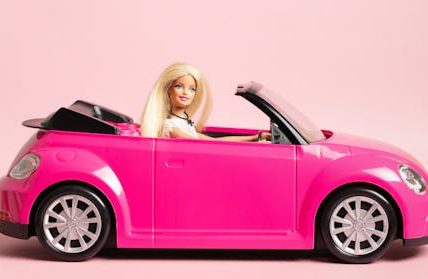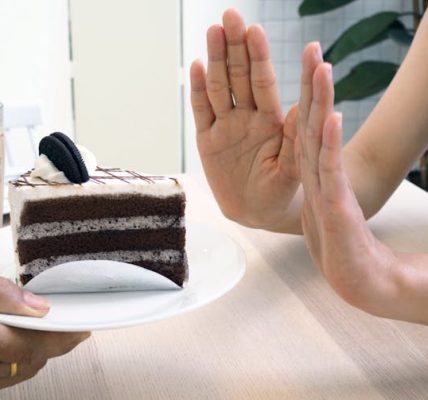The Materialists: a sadly conservative view on marriage
This article contains spoilers for The Materialists
The Materialists purports to be a romantic comedy with a cynical and pragmatic look at romantic relationships. Its protagonist, Lucy (Dakota Johnson), a professional matchmaker, insists that a successful partnering is all about pairing the right numbers: salary, assets, height, weight, age. The man should be tall, the woman should be young and slim; both need to be rich.
This is a world of traditional gender norms, so the film does not concern itself with queer relationships. That is beyond one gag when Lucy interviews a woman who wants to find a Republican lesbian.
As the film goes on, Lucy’s matchmaking philosophy is tested when she becomes acquainted with Harry (Pedro Pascal) – tall, slim, handsome, wealthy, single (what the matchmaking business in the film calls “a unicorn”). At the same time, she runs into her ex-boyfriend John (Chris Evans), who, despite also being tall, slim and handsome, is poor and living in a squalid apartment with dysfunctional flatmates (all reasons they broke up the first time around). The film hinges on the question: what will Lucy choose, love or money?
As an expert in romantic comedies, I can tell you they have long been concerned with the marriage of romance and money, even if economics are tastefully relegated to the background.
Ground zero for the romance plot was Jane Austen’s Pride and Prejudice, which set the template. Elizabeth Bennet fell in love with Mr Darcy – and it was a wonderful coincidence that he just so happened to be rich.
Since then, this plot has repeated in Pretty Woman (1990), Sex and the City (1998-2004), Bridget Jones’s Diary (2001), You’ve Got Mail (1998) and Crazy Rich Asians (2018), to name a few. In these romances, a key part of the fantasy is not only that the woman (for it is always a woman) is saved from abject singledom, but that she enters the upper echelons of society through her partner’s wealth.
The Materialists attempts to puncture this fantasy by foregrounding the role of money in relationships. A delicious scene occurs early on when Lucy is summoned to a bridal suite where her client is having cold feet about the man she is marrying. The suite looks expensive and the bride is beautiful.
Lucy asks the bride why, in her darkest moments, she wants to marry her fiancé. The bride sheepishly replies that it makes her sister jealous. Her fiancé is better looking, taller and richer than her sister’s husband. A flash in Lucy’s eyes suggests she can work with this. This is about being valued, Lucy reassures the bride, you want to be seen and to get what you deserve.
The stakes of this world are made clear: a good match is about perception and prestige and the emotional implications that come with it can be manipulated to justify these standards.
However, the burgeoning love triangle between Lucy, Harry and John confuses these insights. Director and writer Celine Song’s beautiful, tender and restrained debut, Past Lives (2023), also explored a love triangle. While the romantic entanglements of this film were nuanced, the emotional stakes were always clear eyed. This is less true in The Materialists.
Lucy insists that marrying someone wealthy is non-negotiable for her but then breaks up with Harry for no discernible reason. Just before the breakup scene, the film reveals a strange twist in the story. Harry got painful and invasive leg lengthening surgery, enabling him to reach the critical height of six foot. Lucy is insistent that this is not the reason she breaks up with Harry and the film seems to believe her, so the role of this storyline is unclear. Is it that, in this world, women (except for Lucy, perhaps) are as shallow as men?
Lucy then gets back together with John despite no clear indication of what he offers her emotionally or financially, especially as there has been no change in his circumstances. And this is to say nothing of a sexual assault storyline that is uncomfortably shoe-horned in, or the role of race and ethnicity in matchmaking.
Like queer sexuality, race is introduced as a joke by a white character who only wants to date other white people. Also, the role of Harry’s heritage (Pascal is Latino) was not mentioned as a potential problem for the wasps (white Anglo-Saxon protestants) who make up the majority of New York’s elite.
Ultimately, The Materialists suggests that people should stay in their lane. Lucy and Harry come from different worlds, while Lucy and John’s are very similar. As they admit to each other, as well as coming from modest backgrounds, they are both smokers, come from “shitty families” and support left-wing politics. The Pride and Prejudice plot may be a crass fantasy of social mobility, but The Materialists appears all the more conservative. If it is not clear whether Lucy and John marry for love nor money, what do they marry for?
Looking for something good? Cut through the noise with a carefully curated selection of the latest releases, live events and exhibitions, straight to your inbox every fortnight, on Fridays. Sign up here.
Sarah Louise Smyth does not work for, consult, own shares in or receive funding from any company or organisation that would benefit from this article, and has disclosed no relevant affiliations beyond their academic appointment.



